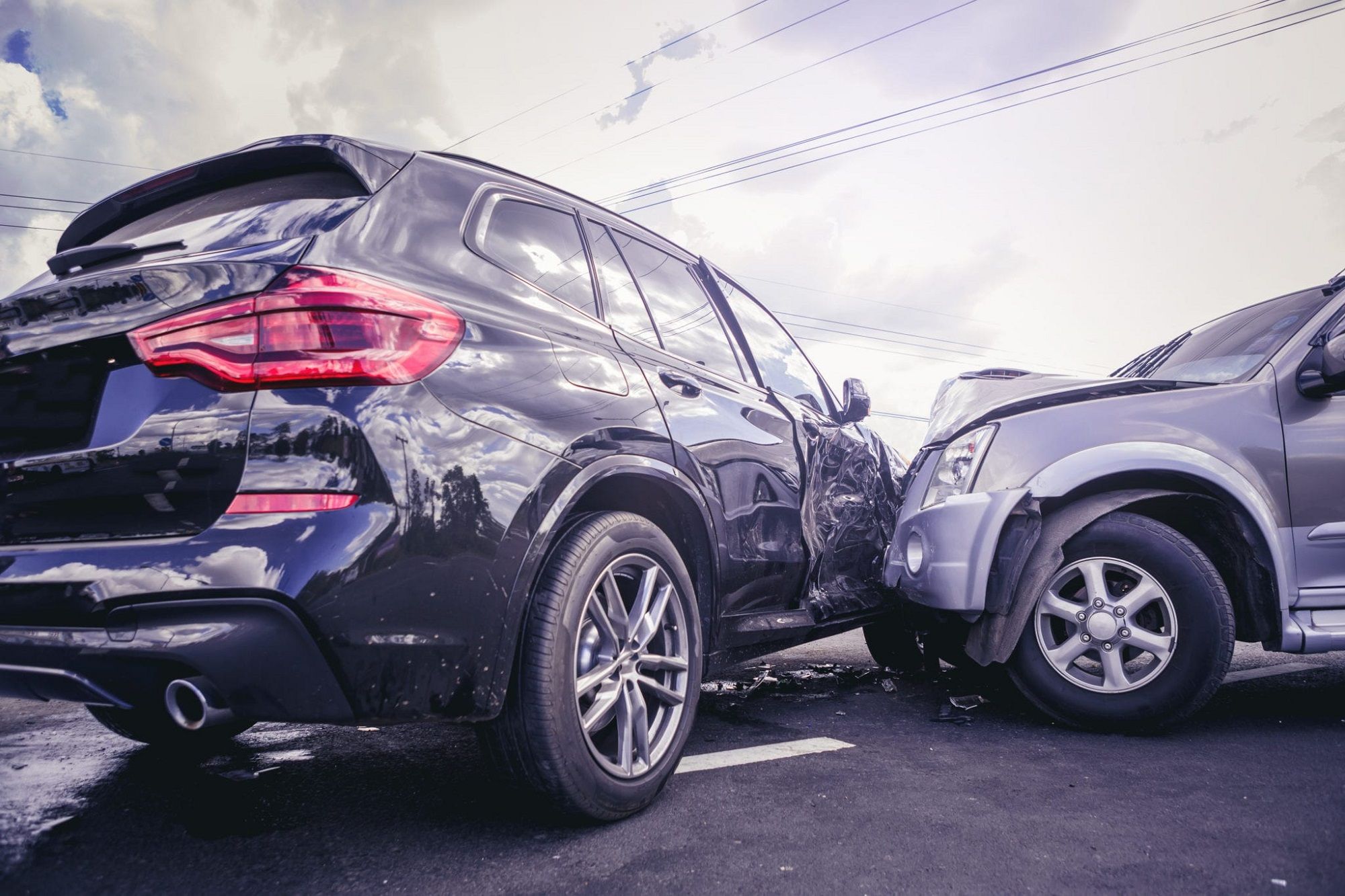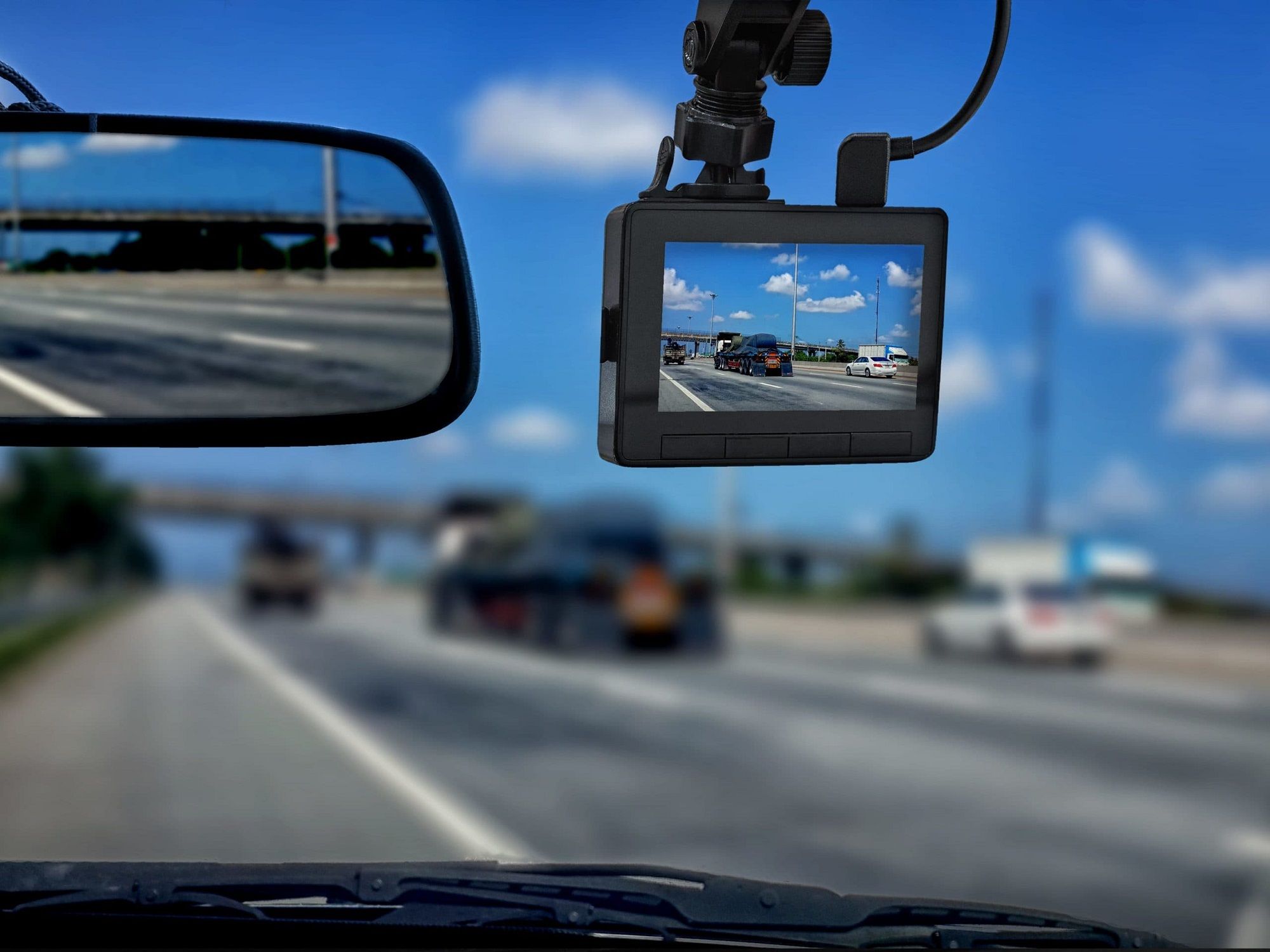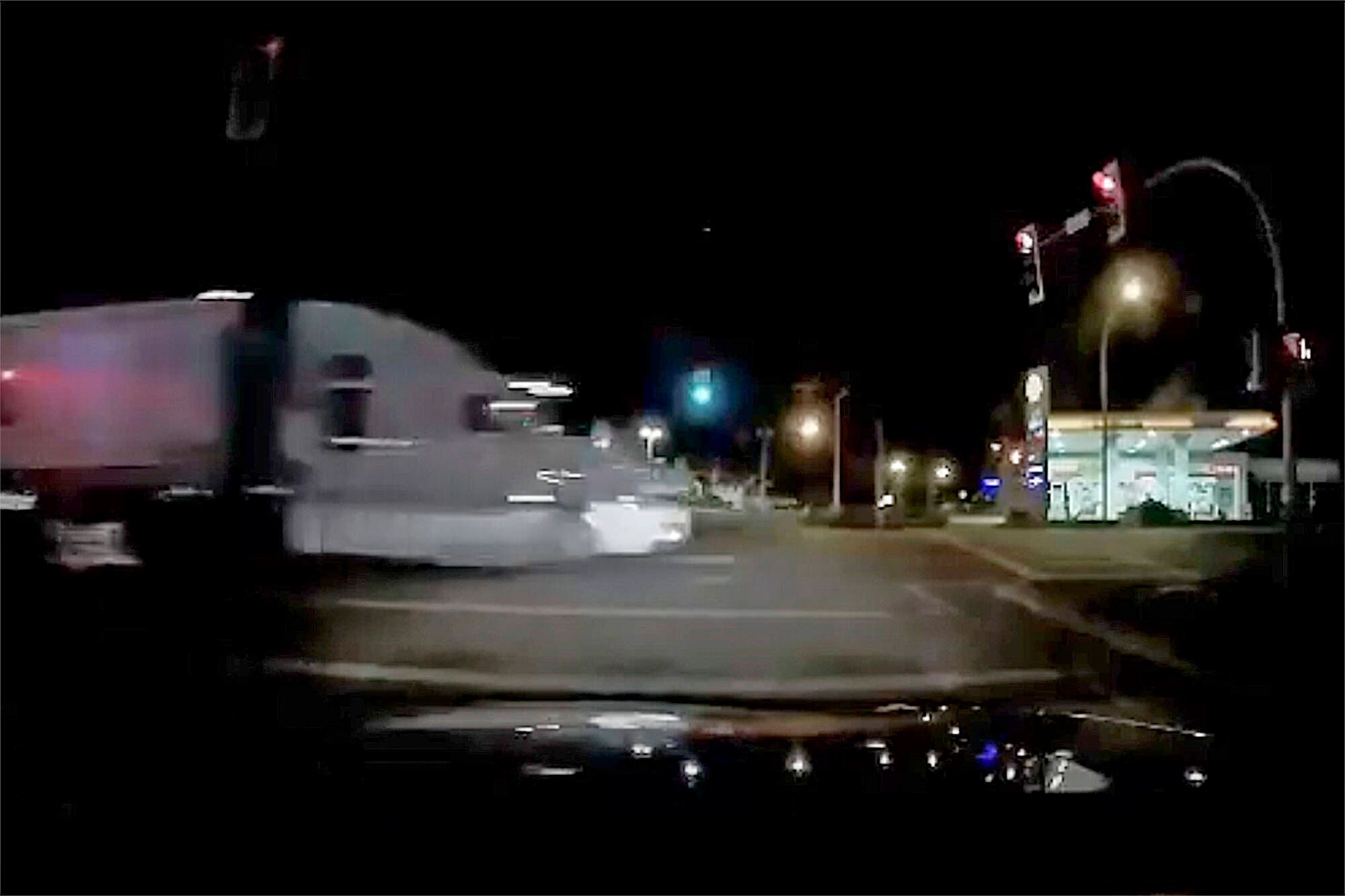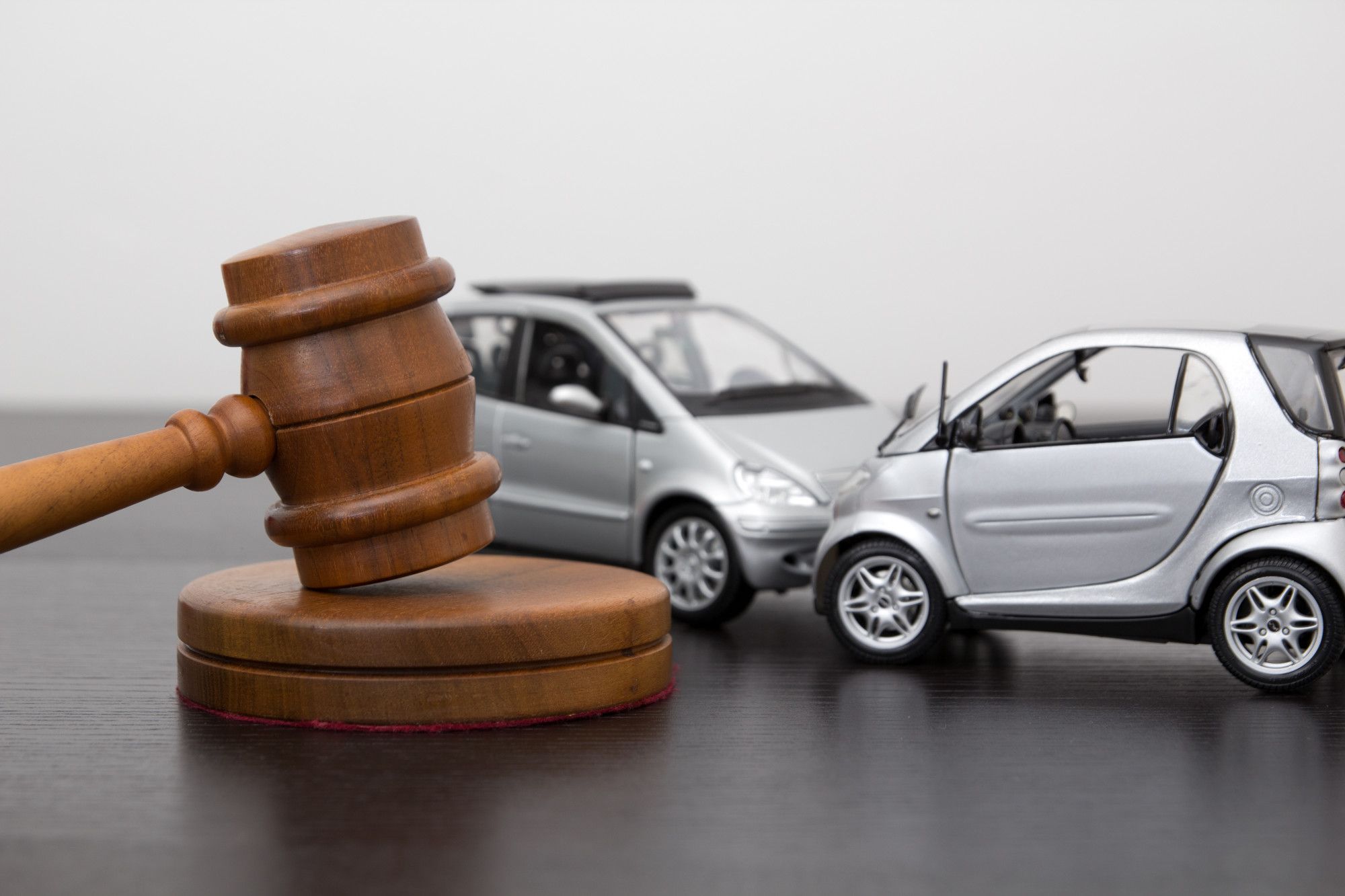We’ve all seen viral dash cam footage of near misses in traffic, strange nighttime occurrences, or the astounding dash cam footage of the TransAsia Airways Flight 235 clipping a taxi on a Taiwan bridge before crashing into the Keelung River. But dashboard cameras are about far more than just finding the next big viral video. They also provide an accurate digital record of traffic accidents and other incidents. But can you use that all-important video evidence in a civil court during an accident claim?
While laws regarding dash cam footage vary from state to state, in most cases, video captured on a quality dash cam can make or break your case in the courtroom.
Understanding Dash Cams
Dash cams are small cameras that automatically turn on when you start your vehicle. They record the roadway ahead, and depending on the model, may record footage ti the rear and sides, as well as inside a vehicle — a feature often used by Uber and Lyft drivers. Drivers can also set them to activate on detection of motion while parked in order to capture video of action taking place around the car when you’re not there. These relatively inexpensive cameras attach to the dashboard and store footage on a small internal chip, while some have features that automatically upload footage to the cloud.
The most common reason for using a dash cam is to record the roadway as you drive, potentially capturing the details of an accident on digital footage should one occur.
The best dash cams offer another degree of protection to your driving experience. While seatbelts and airbags protect you physically in an accident, showing your dash cam footage in court can protect you financially or legally.
Most States Now Allow Dash Cam Footage in Civil Courts
According to legal experts, accident victims can use dash cam footage as evidence in most civil courtrooms as long as it’s relevant to the case and hasn’t been edited, altered, or tampered with in any way. The footage also has to be crisp and clear. Grainy video footage may be thrown out in a court case. That’s why it’s important to only use one of today’s best dash cams and not an older model or a low-quality camera.
Some insurance companies also now consider dash cam footage as potential evidence for insurance adjusters when they negotiate a claim. Dash cam footage can show that another driver was at fault in the accident even if the other driver tries to claim that you caused the crash.
Can Dash Cam Footage Be Used Against You?
While having a good dash cam can help you prove you weren’t at fault in an accident, it’s important to be aware that the other party in an accident can also use your dash cam footage against you if you were at fault. Today’s best dash cams not only record a view of the roadway ahead, but they also watermark each recording with the date, time, and driving speed.
If your actions or lack of action caused a car accident and another involved driver notices your dash camera, they can ask the police or the court to demand the footage of the accident. If you delete dash cam footage after an accident, the action can later be used against you, since it makes it appear that you’re hiding evidence. In some cases, you may even receive a criminal charge for destroying evidence.
The courts can use a subpoena to acquire the footage in its entirety and any attempt to alter or edit your dash cam footage could cause further legal harm and increase your liability.
Get Legal Advice About Your Dash Cam Footage After an Accident
It’s wise to contact an attorney before you voluntarily hand over dash cam video after an accident. An attorney can view the footage and advise you as to how it could help or hurt your case. For instance, your dash cam footage may show the other vehicle running a stop sign, but it might also prove that you were speeding. Even if you and your attorney decide not to submit the digital footage voluntarily, it’s crucial that you don’t delete, edit, or alter the recording in any way since the other side could subpoena it as evidence and charge you with a crime if you destroy that evidence.
Remember, your dash camera is a silent witness to everything while you drive. The best dash cams can even record multiple viewpoints around your vehicle and store information in the cloud, so you can access it even if your accident destroys the camera. This footage can be essential in proving what happened in the seconds or minutes before an accident, during the accident itself, and what occurred in the immediate aftermath. In cases where you are physically injured and can’t take photos or witness statements yourself, your dash cam footage can be your best ally.





